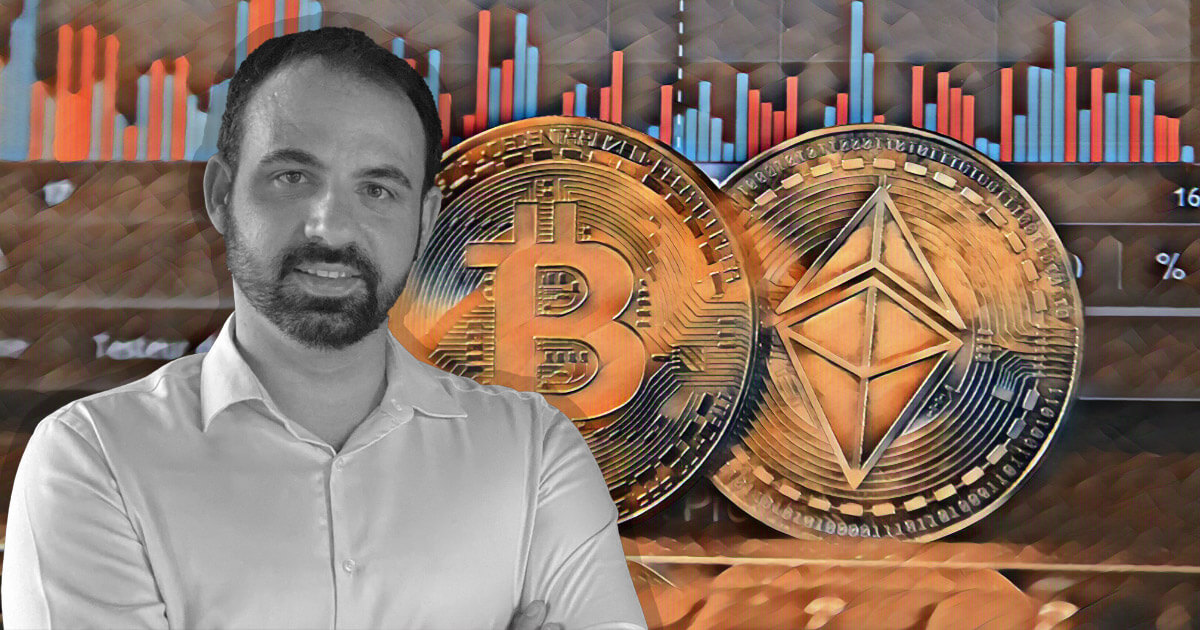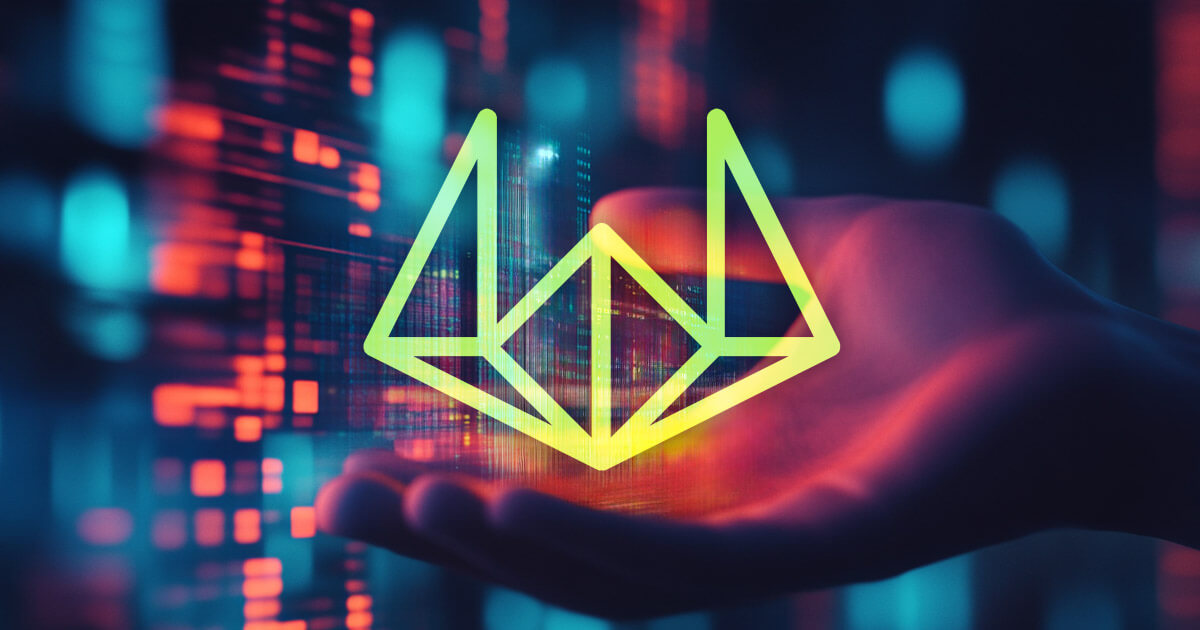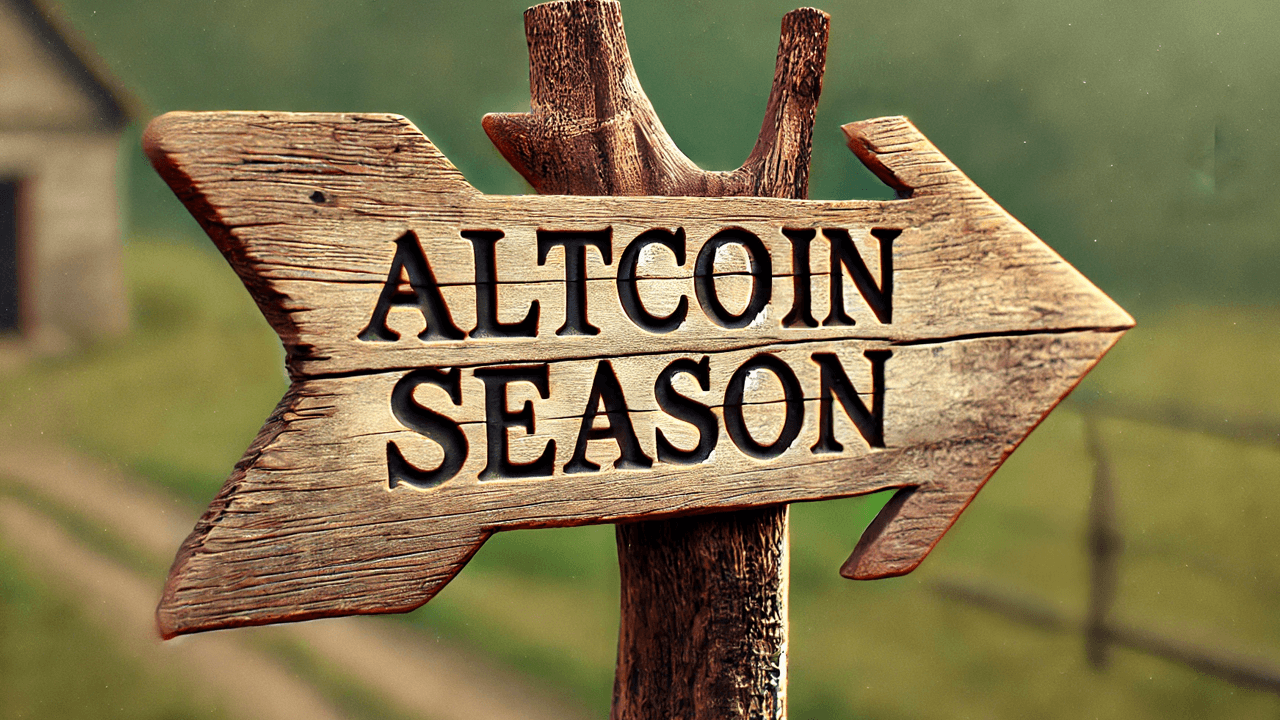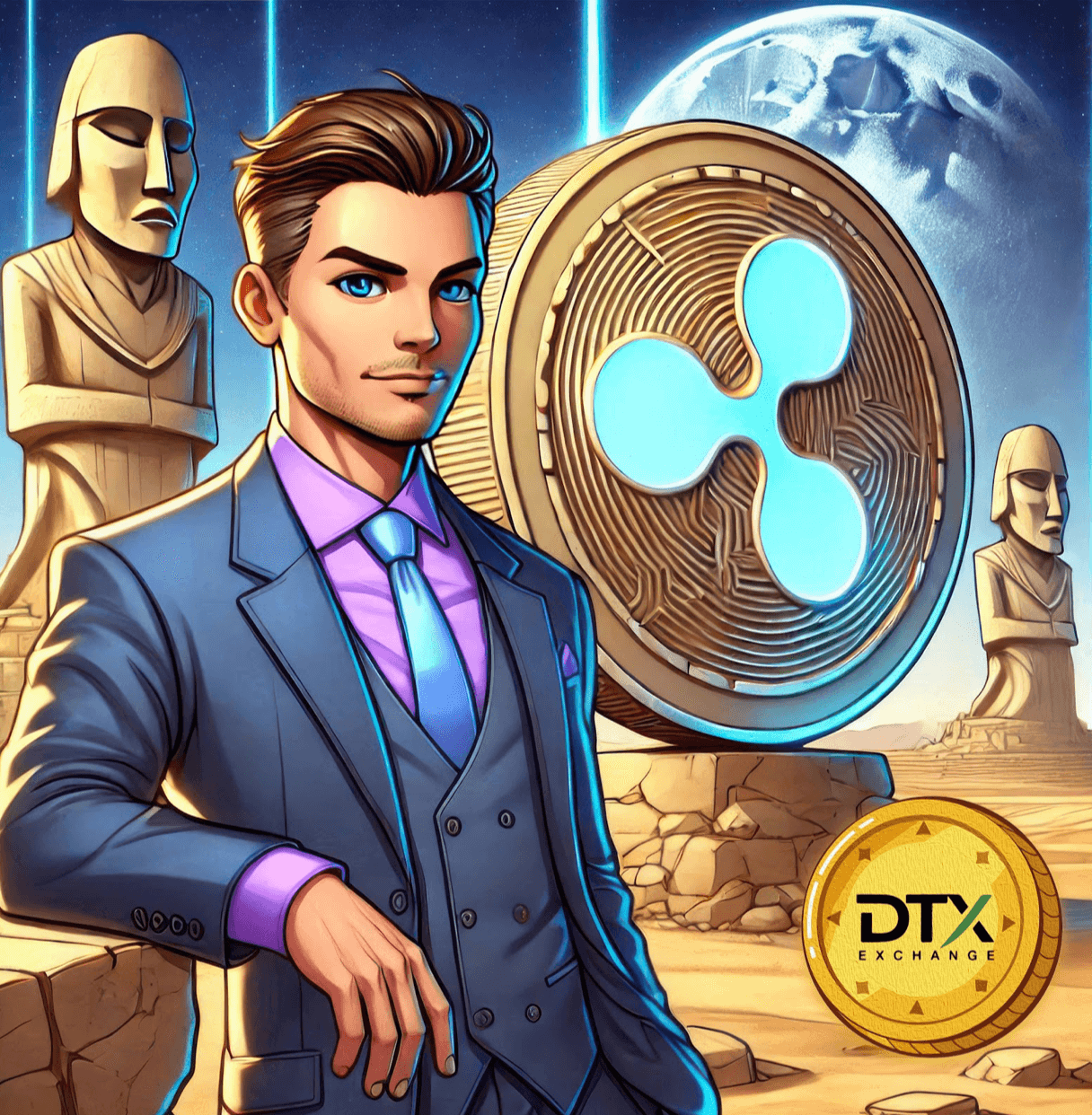CryptoSlate recently had the opportunity to chat with Paul Barroso, the co-founder and CEO of Atani.
Barroso is an avid crypto trader and experienced software engineer. After graduating with a Computer Science degree, Paul developed a career in software engineering in London, United Kingdom.
After gaining experience across the tech stack both as a frontend and backend engineer, Paul joined US investment bank Morgan Stanley, where he developed a trade-matching engine and data intelligence hub for its Fixed Income Group.
Before co-founding Atani, Paul founded a cryptocurrency proprietary trading desk and traded across spot, margin, derivatives, options and OTC markets for crypto.
What is your professional background and how/when did you get into crypto?
I have a background as a software engineer. After graduating with a Computer Science degree, I developed my career in London, where I worked for Morgan Stanley.
I always had an interest in trading the financial markets and, back in 2013 I started to invest in bitcoin. What initially was a hobby, became a whole new career. I eventually decided to go full time and ended up starting a crypto proprietary trading desk.
Tell us about why you decided to start Atani?
As a trader, I suffered the pains that go hand in hand with managing crypto, trading on multiple exchanges, using different crypto-related services, or dealing with taxes. And the lack of better alternatives drove me, together with my sister and business partner, to build our own solution. That solution is Atani, the all-in-one platform for crypto traders. I am currently the CEO of the company, where we work hard to make crypto trading easy and affordable.
Where is your team located and why did you choose that jurisdiction?
From a regulatory compliance perspective, we provide software tools for crypto traders and investors but do NOT engage in any regulated financial activity ourselves (e.g. custody, deposit-taking, lending, payments, liquidity providing, etc.), so our jurisdiction (Spain, European Union) is not a relevant issue.
What are some of Atani’s notable achievements or milestones?
We feel extremely proud of all the things we have achieved at Atani so far. First and foremost, we have assembled an A-team made up from outstanding crypto, finance and tech professionals. And together we have been able to take an ambitious idea and transform it into an amazing product that traders from more than 100 countries love.
Additionally, we have built unique technology. For instance, the trading terminal is non-custodial, and it is powered by a data infrastructure that processes over 1 billion daily events in real-time. Our technology platform enables us to rapidly scale, ship new features and tackle entirely new markets.
Last but not least, we feel humbled by the caliber of the venture capital firms and angel investors that have been attracted to the project and that are backing Atani.
What are the benefits of using the Atani platform as opposed to other crypto trading terminal?
First of all, Atani is a “one-stop-shop”. We have integrated more than 20 of the major global crypto exchanges and all the tools any trader needs in a single platform. Now, anyone can manage all their trading, portfolio tracking, charting, alerts, tax reporting, and so on from a single interface.
Second, almost all trading platforms are cloud based. By contrast, Atani is a non-custodial desktop app, which makes it the safest trading terminal there is.
Lastly, all the products and services in the current product suite are completely free. We do not charge any kind of trading fee or recurring subscription.
If Atani is free, how do you make money?
Well, the fact is that we do not make money as of today. We will be adding more advanced features (e.g. APIs for developers) and will create a freemium model in the future. But will keep on working hard to give as much as possible for as little as possible.
Our ambition is to become a relevant tech player globally. We have the core belief that, in the long run, doing the right thing for the user (building a platform that provides massive value for free to millions of users) is the right thing to do for the business. We are backed by some of the top European VC firms and business angels, and our investors are fully aligned with this long-term vision.
What else can you tell us about the Atani product roadmap? What upcoming features are you most excited about rolling out?
Our north star are the needs and wants of crypto traders, and we have a very aggressive roadmap to keep up with their expectations. Among other things, we will launch a mobile app, add more spot exchanges and include tax reporting for more countries. We also plan to provide support to futures trading, margin trading, decentralized exchanges and non-exchange wallets.
What are the biggest challenges of building a crypto trading terminal?
The biggest challenge is that, doing the right thing is almost never the easiest thing to do. For instance, if we had built Atani as a web-based terminal (instead of as a desktop app), it would have taken us much less effort. But if we had built a web-based terminal, that would mean that the API keys that enable trading for every user would be stored in some centralized server. If a hacker compromised that single server, they would have access to all that information and could profit from it in multiple ways.
So we took the hard path, and chose to build a desktop trading terminal that is non-custodial. API keys are stored locally in each user’s device and secured with military-grade encryption. That means that our servers never have access to the API keys or funds of users. So, in the unlikely event that Atani gets hacked, attackers would not be able to steal any funds.
Take another example, most trading terminals do not provide real time data. For example they just capture a snapshot of the orderbook every now and then. Having access to real time market data and tick-by-tick orderbooks is critical to many traders, so we decided to invest heavily to build an infrastructure that can process enormous amounts of market data in real time.
What other projects and/or blockchain developments are you most excited about?
I am particularly excited by a lot of the developments that are taking place in the DeFi space, that will keep on growing in value and utility. For instance, cross-chain swaps that enable blockchain-agnostic value transfers and will increase the overall interoperability of the crypto ecosystem.
Also, all the work that is being done on improving the scalability of programmable blockchains, both by Ethereum and by some of its alternatives as Polkadot or Solana, is very promising.
Another relevant trend is NFTs, which are still in the very early phases, but that will bring fundamental value to the ecosystem once people figure out how to set up the right incentives for token holders.
Do you have any blockchain and/or crypto predictions for 2021 and beyond?
I am sure that the ecosystem will keep on maturing, growing in utility and attracting smart capital and top talent. Institutional investors will keep on increasing their exposure to crypto, and they will play a key role in broadening access to mainstream retail investors.
We are seeing also a lot of interest from venture capital funds and now also large corporations, like PayPal, with long-term strategies, and very ambitious plans to develop crypto-related capabilities and businesses. That, along with the IPO of Coinbase, will lead to a very active market for mergers and acquisitions in crypto.
What are the biggest obstacles for mainstream adoption of crypto?
As we see it lack of usability is the main flaw of crypto. As of today, you either go to a walled garden, such as Coinbase, that is limited in functionality and has excessive costs for end-users, or you have to resort to multiple and disconnected vertical solutions.
Atani exists to solves that. We follow a user-centric approach, and are obsessed about delivering accessible, end-to-end solutions for crypto traders and investors.
What is your most controversial opinion relating to blockchain and/or cryptocurrency?
As I said before, I think NFTs will bring fundamental value to the ecosystem and will power real use cases in some industries. But we are still very early, in a phase of discovery and learning. That means that around 90% of the things that are going on right now will probably die, and only a few will stick around in a few years from now.
At this point the market is too speculative and looks very much like the ICOs of 2017. Thought, there is one key difference. When markets for a fungible asset crash, you can, in general, take a loss and exit that position. With non-fungible tokens, given their uniqueness and lack of liquidity, by the time markets crash, it will be very difficult to exit those positions, even at a loss.
Connect with Paul Barroso
Like what you see? Subscribe for updates.
Credit: Source link























